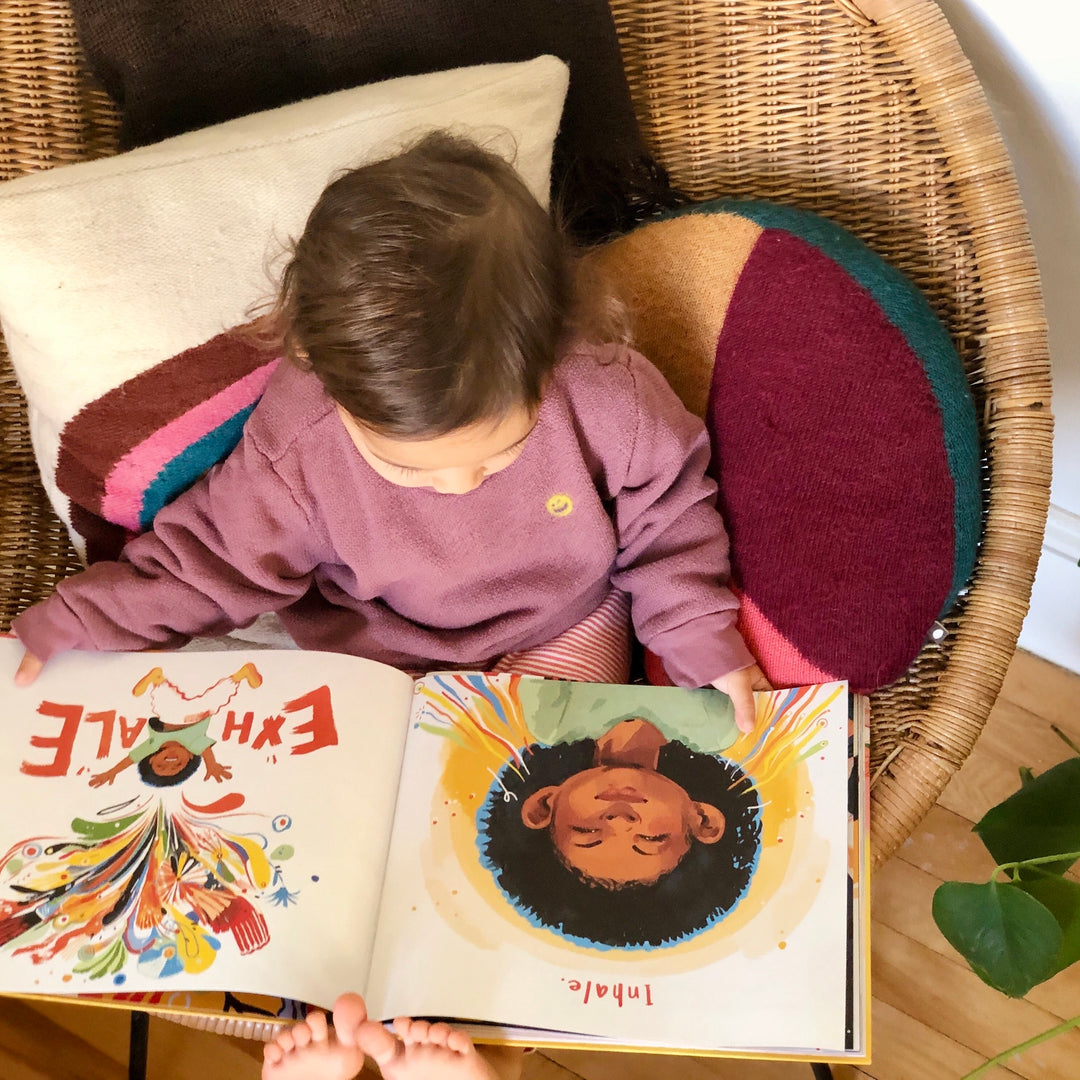2019 was the 100th birthday of Waldorf education. Rudolf Steiner, the founder of Waldorf education, had a lot of theories that, at the time, weren’t backed up with the same scientific rigor common today. A hundred years ago, he simply didn't have the tools and methodologies to support all of his theories.
But as we acquire more research and psychological studies become more readily available, his ideas are increasingly finding support within the scientific community. I always find it exciting when modern research backs up what Waldorf educators have been putting into practice for a hundred years!
In this case, I’d like to discuss a topic I’ve touched on before from the perspective of my own experience: the benefits of delaying some children’s entrance into the academic environment of first grade. Traditionally, in Europe and here in the US, six has been the customary age to begin grade school (although there's been a tendency in recent decades to push that age even younger by starting academic learning in kindergarten, which used to be all about play).
A recent study from Stanford University is supporting the idea of waiting a year before sending a child to first grade. Their research, which was conducted in Denmark, suggests that Danish kids who postponed kindergarten for up to a year showed dramatically higher levels of self-control. This study showed that delaying kindergarten for one year reduced inattention and hyperactivity by 73% for an average child by age 11.
The reasons for this trend counterintuitively go beyond academic preparedness. Even though your child might be very bright and ready for academic learning at five or six, there are different areas of their development that all have to catch up to one another: physical development, their emotional and social development, as well as their cognitive development.
In the past I’ve given the example of my own son, Will, who has a May birthday. In a Waldorf school, the cutoff to enter first grade is usually June 1st, so being born in May he could have started first grade the year he turned six. But even though he was very intelligent, had taught himself to read, and could certainly have done the academic work of grade school, he was physically and emotionally undeveloped compared to the other children who would be advancing to first grade. He would have been the youngest and smallest in his class. I had the choice of letting him go ahead according to the calendar or letting him have another year of play to “catch up” socially and emotionally. Now that he's 24 years-old, I have no doubt looking back that we did the right thing in delaying.
We now know that a child under the age of seven needs to be moving. They need to be outside playing, climbing trees, jumping over stones, using their bodies. Their brains are developing through all of that movement and if we try to get a child, a five or six year-old, to sit still at a desk when they've got all that energy to burn, we're not doing them a service at all. Furthermore, doing so will result in an increased number of hyperactivity and ADD diagnoses when, in fact, many of the symptoms are just the normal products of youth.
This article concludes with a hypothesis: "Did attending school later allow kids more time to develop through unstructured play?" (We Waldorf educators would say absolutely!) "Developmental psychology research emphasizes the importance of imaginative play in aiding children's emotional and intellectual self-regulation. Children who delay their school starting age may have an extended exposure to such playful environments."
In counseling parents on first grade readiness and whether or not to send their child on to grade school, I always ask them: what's the purpose of rushing? To have your kid graduate from high school a year earlier, from college a year earlier, so they can get one more year of work experience under their belt before they die? Whereas we have the opportunity to give that child an extra year of preschool or kindergarten, a magical year of play and imagination that can never be gained again.
I feel that giving the child an extra year of childhood, an extra year of imaginative play, is an incomparable gift; and current research is now showing that it's going to aid them socially and emotionally, in school and probably for the rest of their lives.















Hi Sarah.
I loved your talk on the Stanford research on delaying children going into First grade. However I could not find the link to this paper. Could you send it to me. Thank you so much, Wendy
Great video. Happy to see this important information in this form! So valuable. We are creating toxic environments for our children in schools and in the lack of play areas and in the segregation of children from a real life and nature and opportunities to use their bodies in imaginative unstructured play. We are creating environment s that foster ADHD and other emotional problems. Thank you for sharing the Stanford study.
Thank you.
Leave a comment